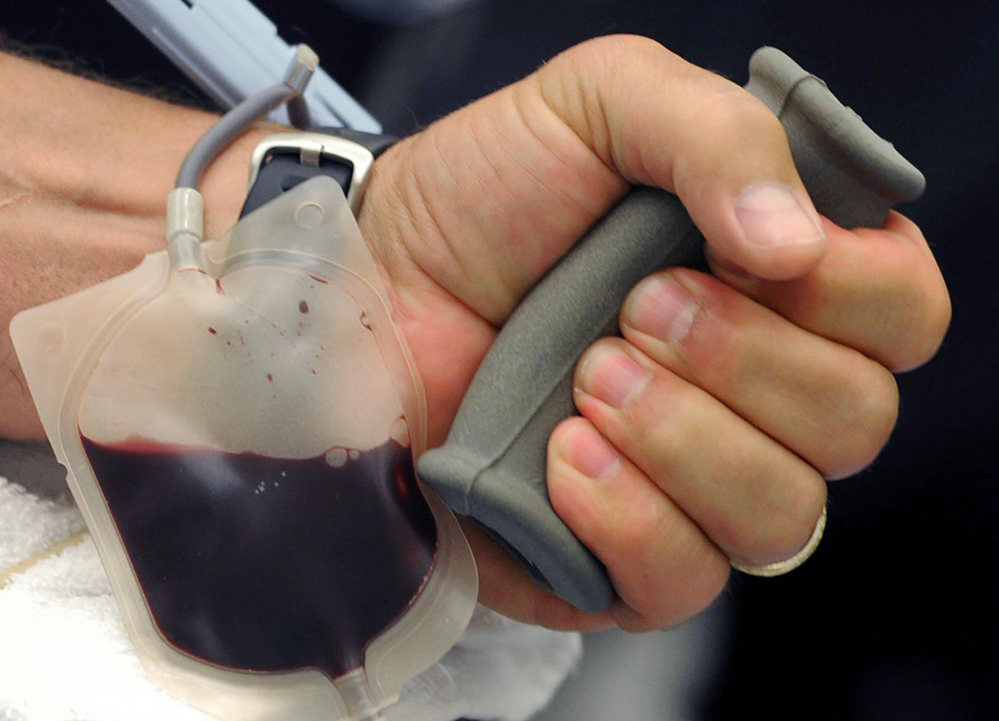The Food and Drug Administration’s recent announcement that it’s easing a lifetime ban on blood donations from men who have had sexual contact with other men is less – much less – than a major step forward.
By requiring gay and bisexual men – including men in monogamous relationships, married or otherwise – to be celibate for a full year before giving blood, federal regulators are perpetuating an unfair, unfounded double standard. The FDA should have scuttled the old ban altogether instead of adopting a policy that is neither reasonable nor scientifically sound.
The lifetime ban bars men from donating blood if they’ve had sex with other men – even once – since 1977. Intended to prevent the spread of AIDS via the nation’s blood supply, the policy was put in place in the early 1980s, when doctors and public health officials didn’t know much about HIV, the virus that causes AIDS, and there was no quick way to determine whether someone was infected with the virus. Now HIV can be detected in a person’s blood within a week to 10 days of infection, allowing for quick, precise screening by the Red Cross and other groups that accept blood donations.
So why is the FDA continuing the 12-month ban? Because, according to federal officials, there’s not enough scientific evidence that the blood supply would still be safe if the prohibition were eliminated altogether.
But instead of imposing a blanket ban or waiting period for any specific group, U.S. health regulators should heed a 2013 American Medical Association recommendation and evaluate people for blood donation based on their behavior.
Italy and Spain, for example, used to bar all gay and bisexual men from giving blood but now favor an approach known as “individualized risk assessment.” All potential donors are screened for risky behavior such as unprotected sex or multiple partners with unknown sexual histories.
Anyone – male or female; gay, straight or bisexual – who has recently had unsafe sex is excluded from giving blood. At the same time, donations are allowed from gay and bisexual men who have protected, monogamous sex and whose blood tests as safe. The strategy is a sensible one, according to a 2013 study conducted in Italy that found that the blood supply there has not been compromised by the change in policy.
Would-be blood donors should be assessed according to their personal health practices, not their sexual orientation. To do otherwise is to buy into outdated views and lend credence to assumptions that have no basis in fact.
Send questions/comments to the editors.



Success. Please wait for the page to reload. If the page does not reload within 5 seconds, please refresh the page.
Enter your email and password to access comments.
Hi, to comment on stories you must . This profile is in addition to your subscription and website login.
Already have a commenting profile? .
Invalid username/password.
Please check your email to confirm and complete your registration.
Only subscribers are eligible to post comments. Please subscribe or login first for digital access. Here’s why.
Use the form below to reset your password. When you've submitted your account email, we will send an email with a reset code.